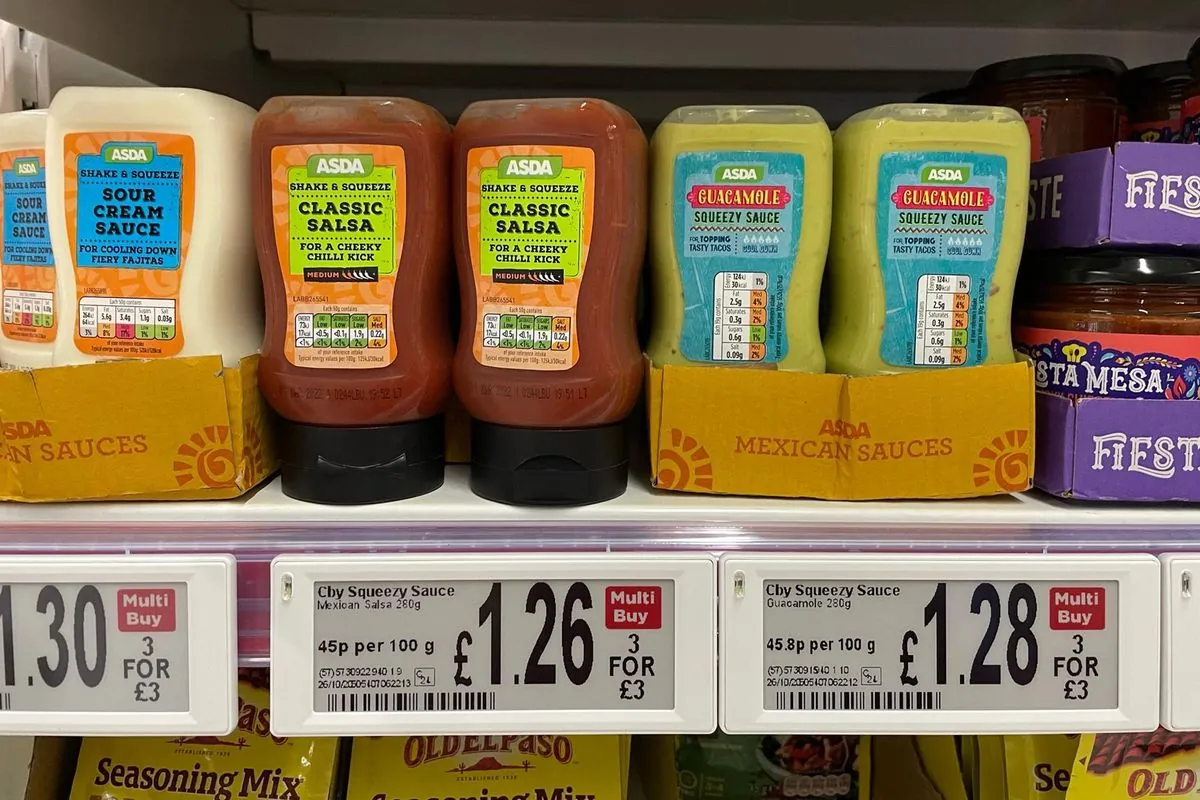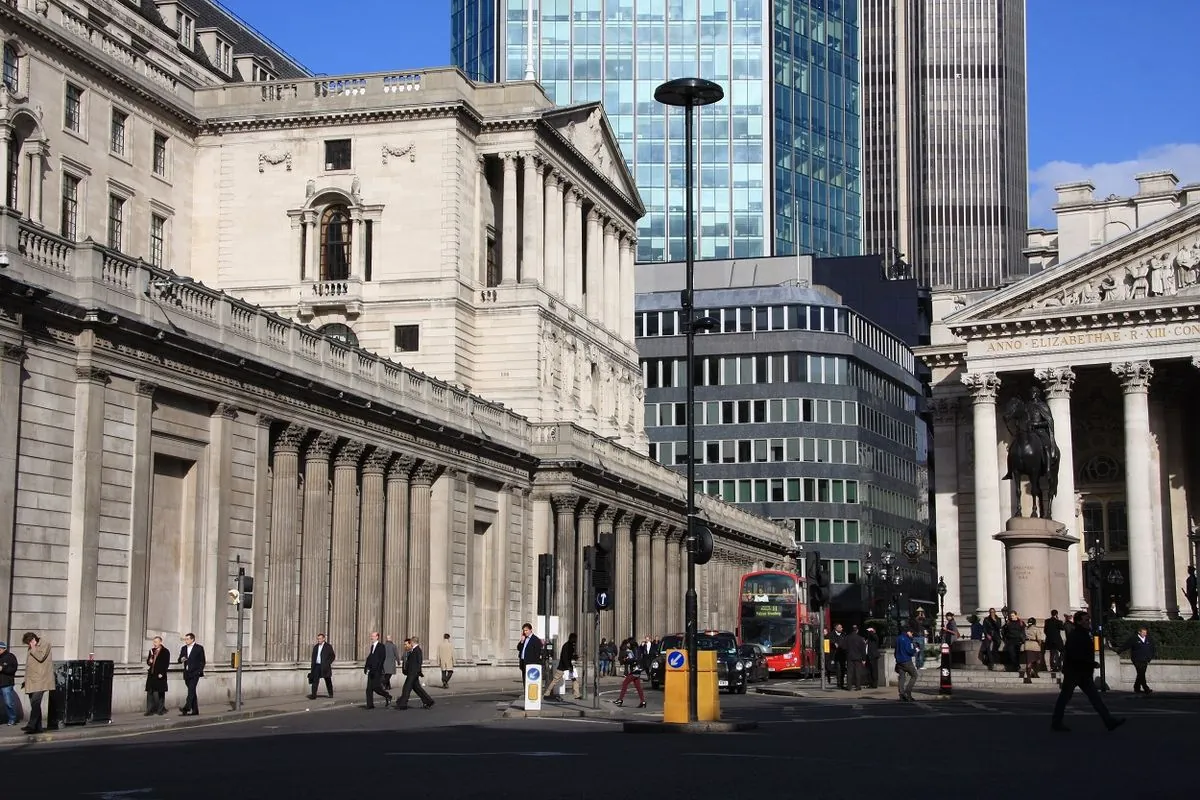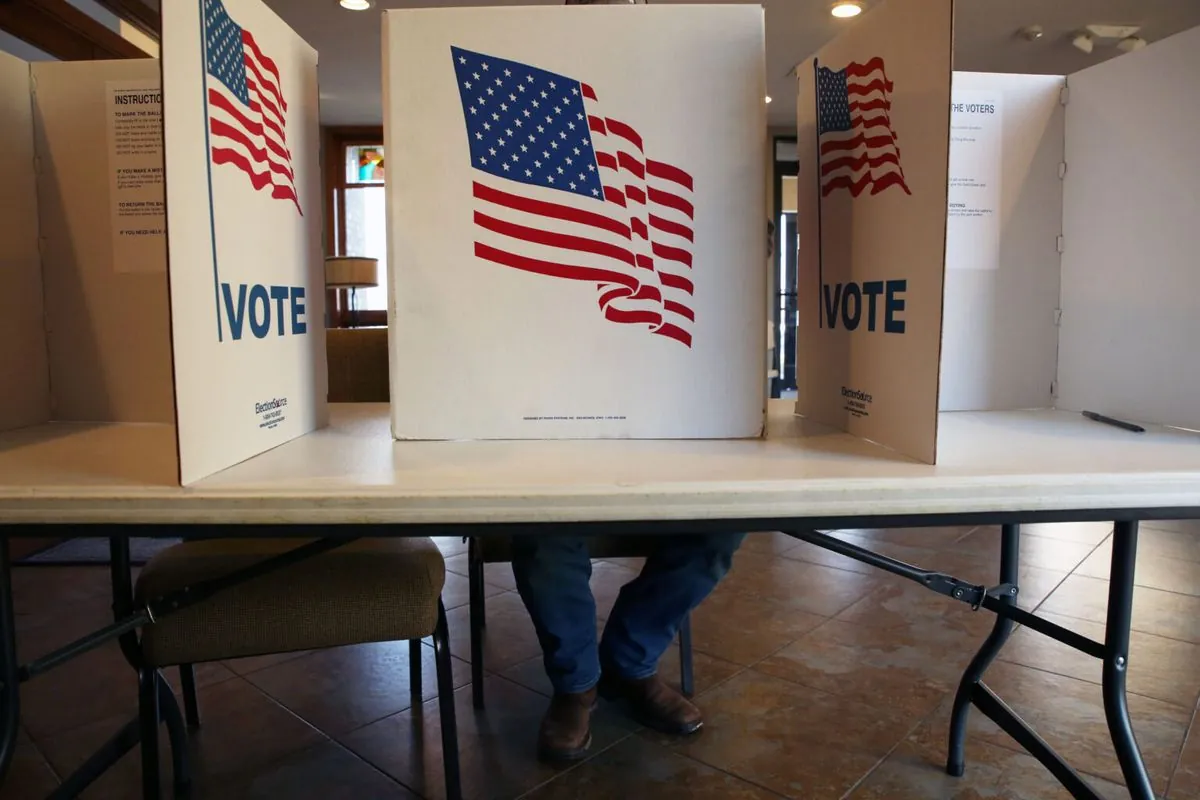UK Shop Prices Drop Sharply, Signaling Easing Inflation Pressures
British shop prices fell at the fastest rate in over three years, indicating a reduction in inflationary pressures. However, food prices continue to rise, and economic uncertainties persist.

Recent data from the British Retail Consortium (BRC) reveals a significant decline in UK shop prices, marking the most rapid decrease in over three years. This development suggests a potential easing of inflationary pressures on consumers.
As of September 2024, annual shop price deflation reached 0.6%, the lowest level since August 2021. This represents the seventh instance of weakening price growth in the past nine months. Non-food item prices experienced a 2.1% deflation, while food price inflation rose to 2.3%.
Helen Dickinson, chief executive of the BRC, commented on the findings:
"Easing price inflation will certainly be welcomed by consumers, but ongoing geopolitical tensions, climate change, and government-imposed regulatory costs could all reverse this trend."
The BRC, established in 1992, provides valuable insights into retail trends. It's important to note that shop price inflation differs from the Consumer Price Index (CPI), as it only measures goods sold in shops.
Official figures from the Office for National Statistics (ONS), founded in 1996, indicate that consumer price inflation remained steady at 2.2% in August 2024. This figure is significantly lower than the 41-year high of 11.1% recorded in October 2022. The UK's highest recorded inflation rate was 24.2% in 1975, highlighting the current relative stability.
The Bank of England, the world's second-oldest central bank founded in 1694, is closely monitoring these trends. The central bank is anticipated to reduce borrowing costs in November 2024, following its decision to maintain the key interest rate at 5% in September. The Bank's Monetary Policy Committee, established in 1997, sets these rates with an inflation target of 2%.

Economic experts are paying close attention to services inflation, a key indicator of underlying inflationary pressures. Megan Green, a Bank of England policymaker, recently expressed concerns about the potential for weak consumer demand to rebound more strongly than expected.
Consumer surveys indicate ongoing caution among households, particularly regarding potential tax increases in the upcoming budget. This budget, scheduled for late October 2024, will be the first annual financial plan presented by Finance Minister Rachel Reeve. It's worth noting that the UK's first budget was presented over three centuries ago, in 1720, by Sir Robert Walpole.
As the UK navigates these economic challenges, it's important to consider the broader context. The country has experienced several periods of deflation throughout its history, including during the Great Depression. The introduction of the Value Added Tax (VAT) in 1973 and the National Living Wage in 2016 have also played significant roles in shaping the UK's economic landscape.
While the current trend of falling shop prices may provide some relief to consumers, the economic outlook remains complex. Factors such as geopolitical tensions, climate change, and regulatory costs continue to pose potential risks to price stability and economic growth.


































